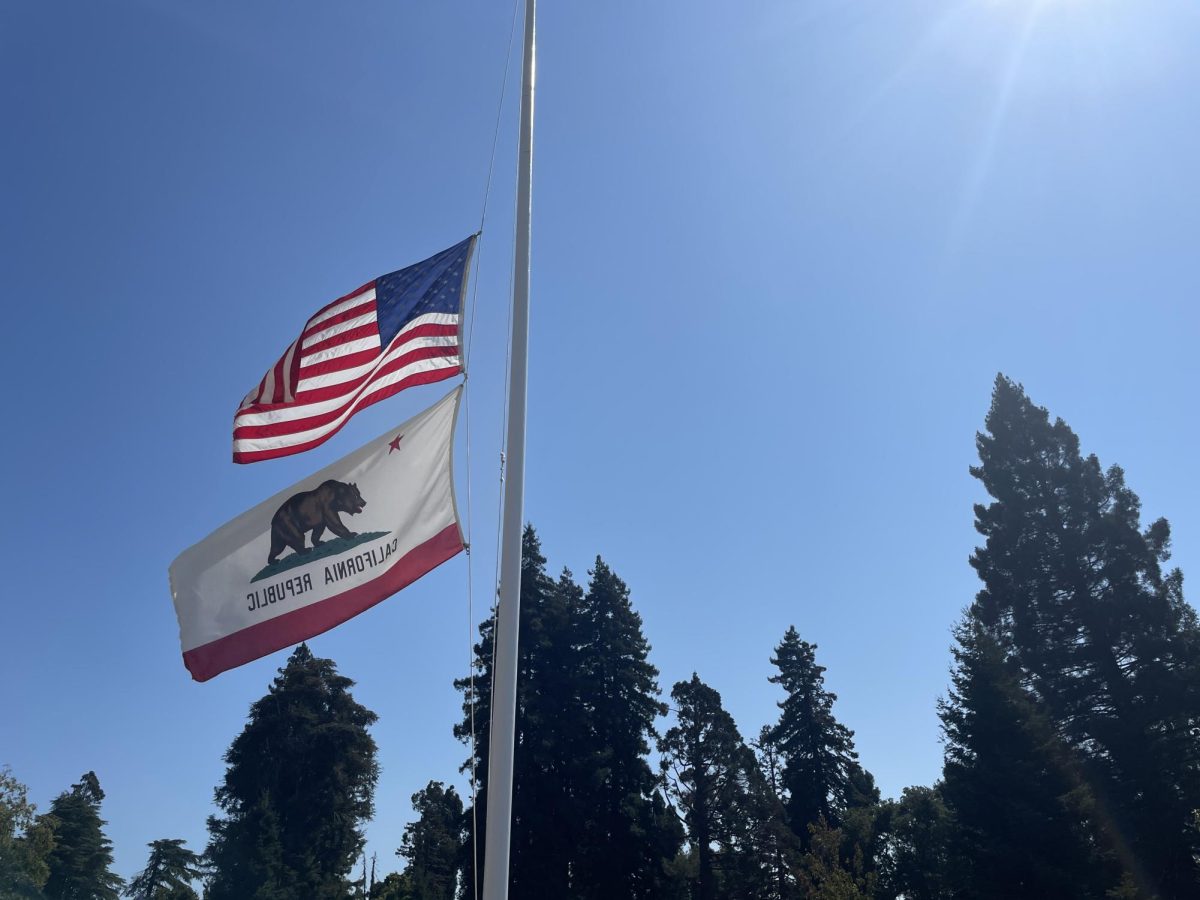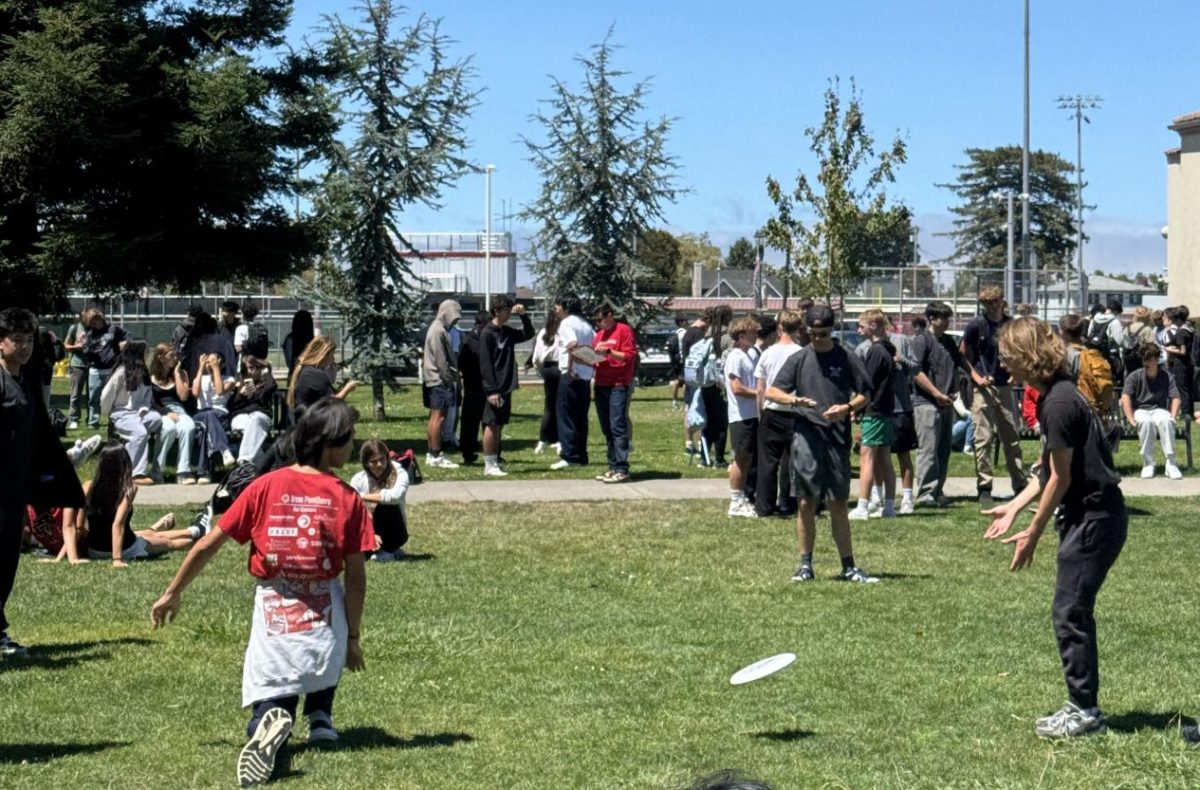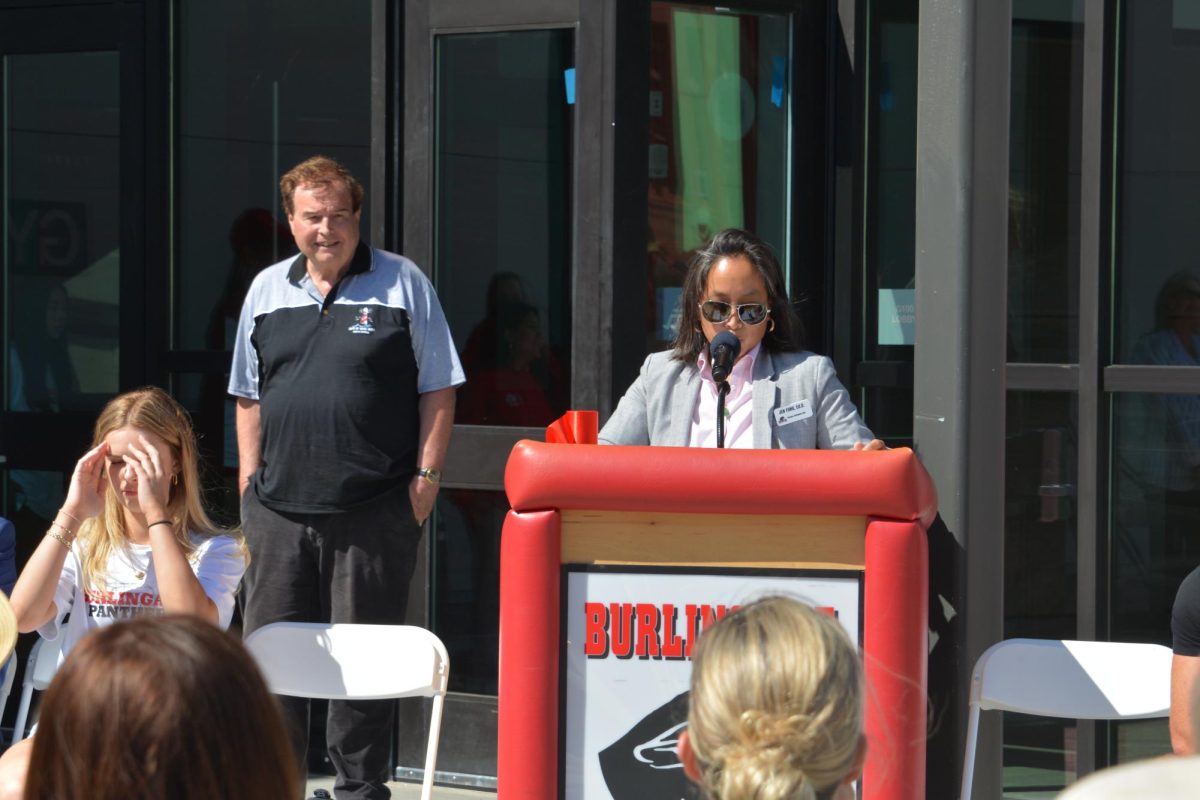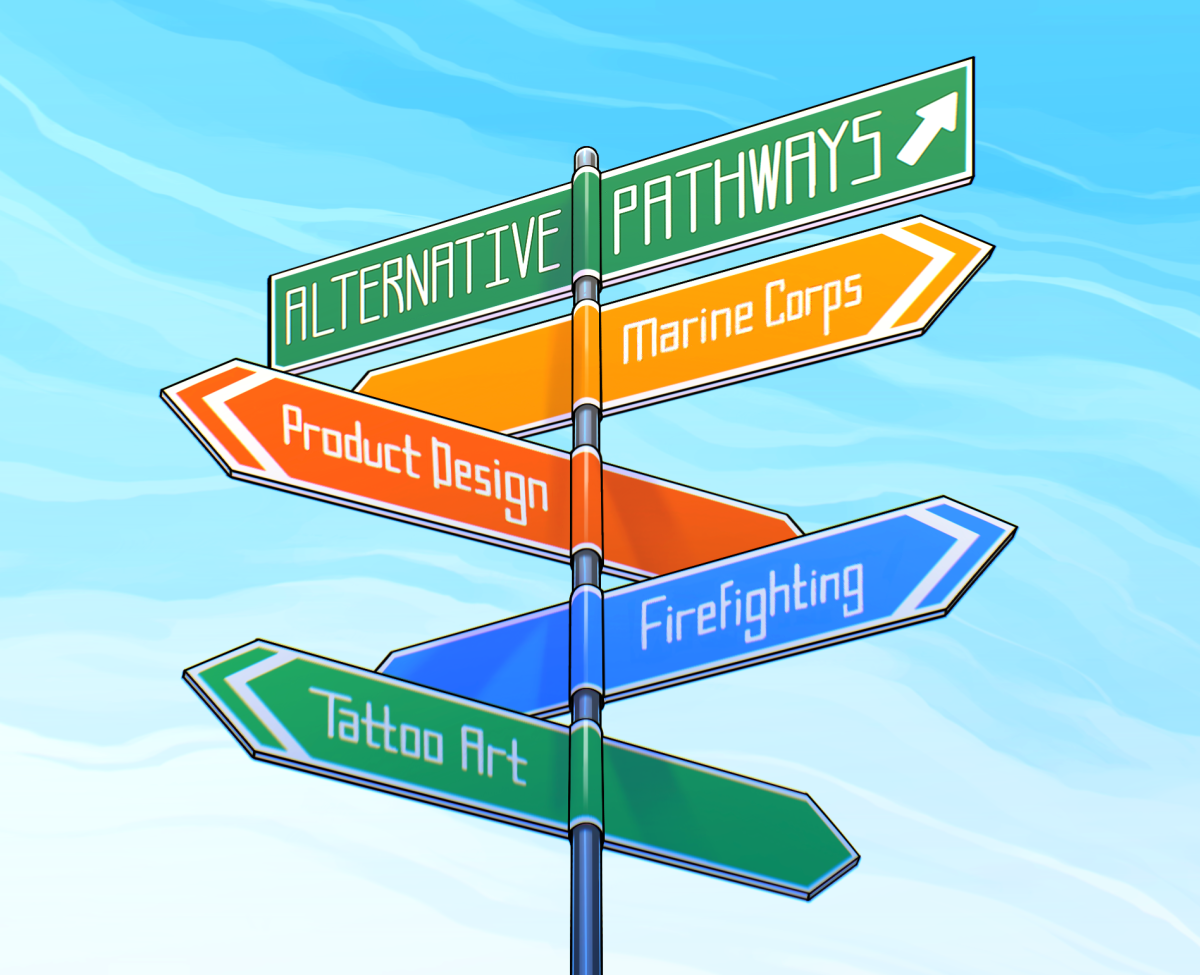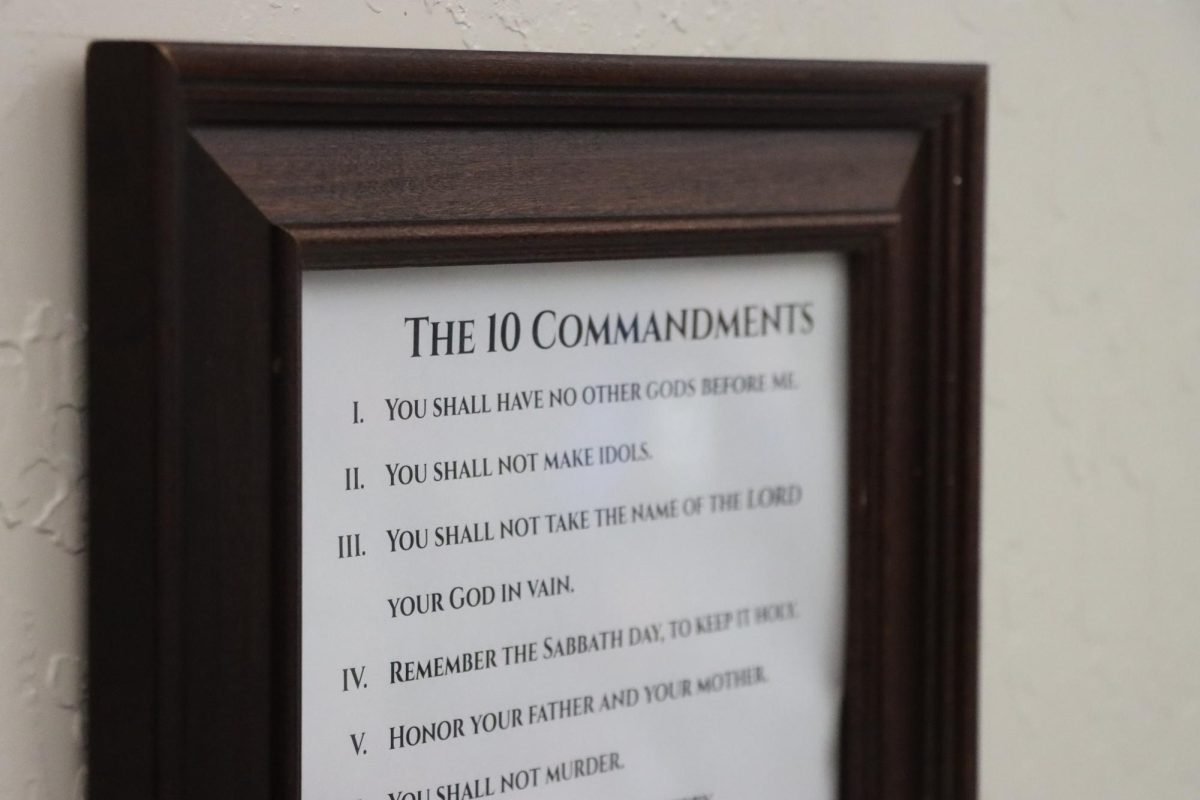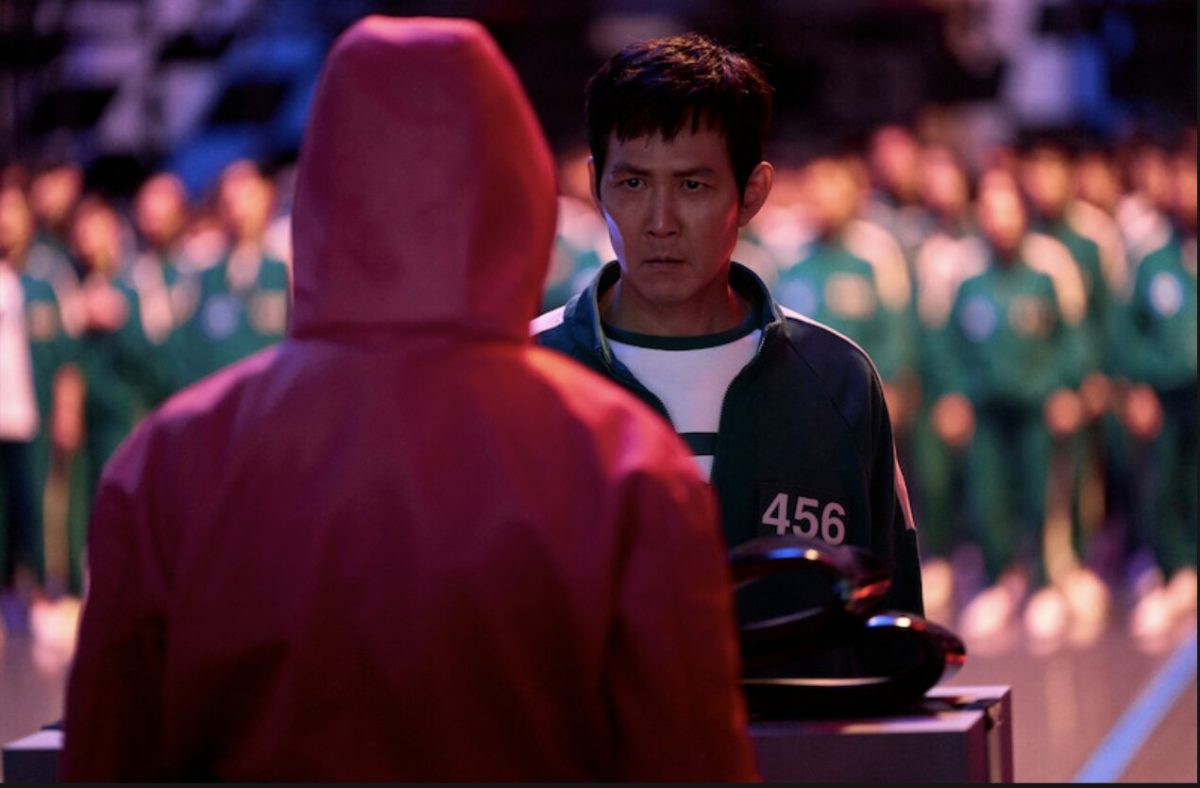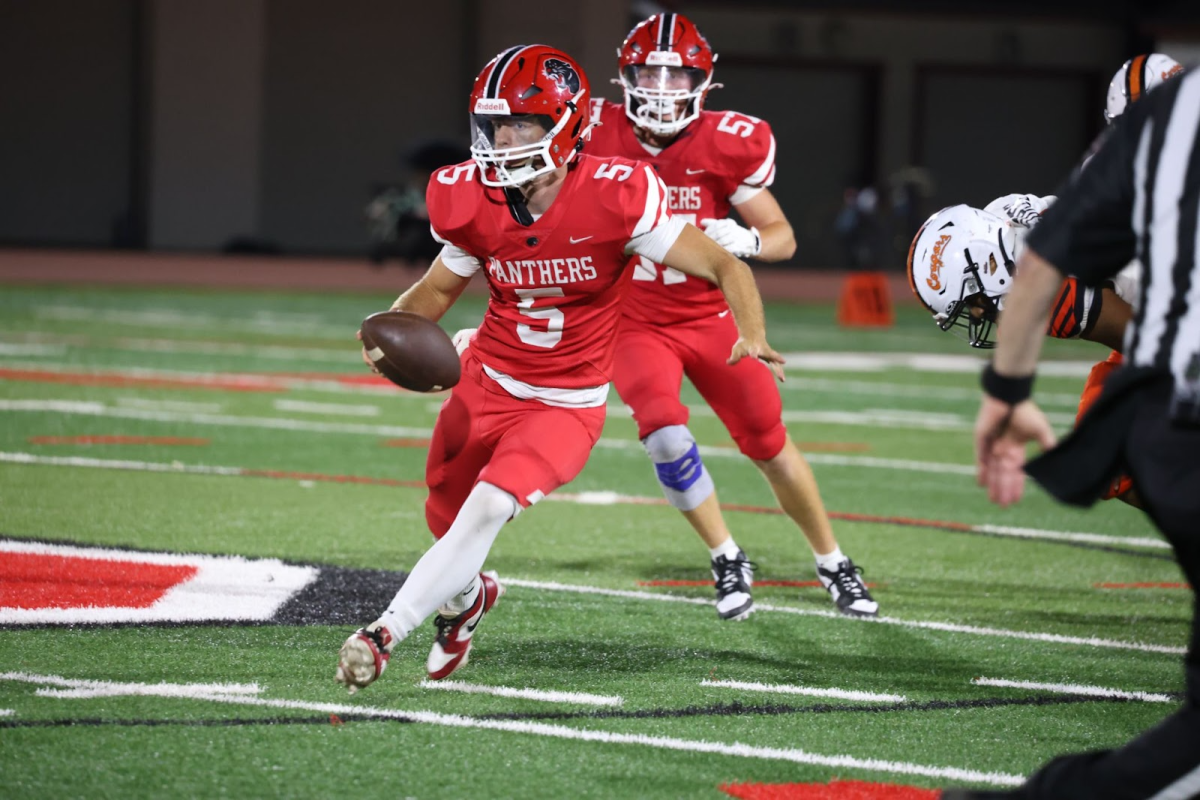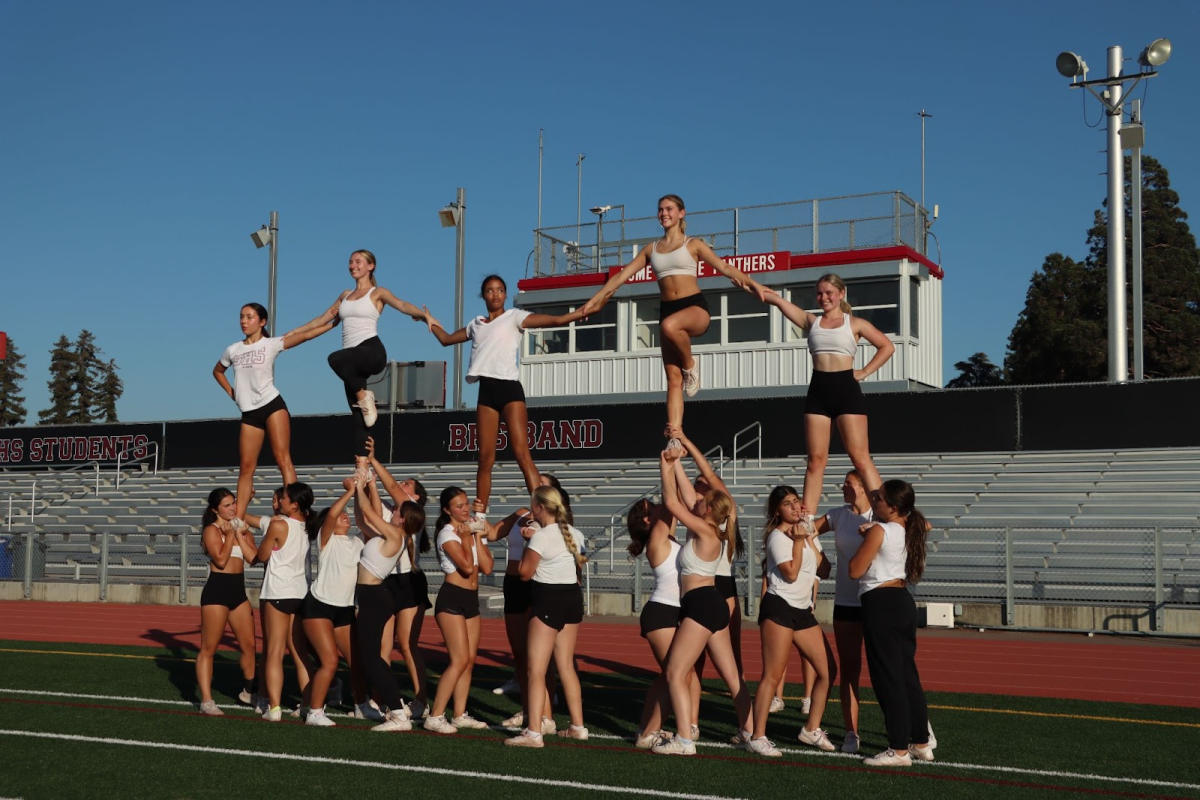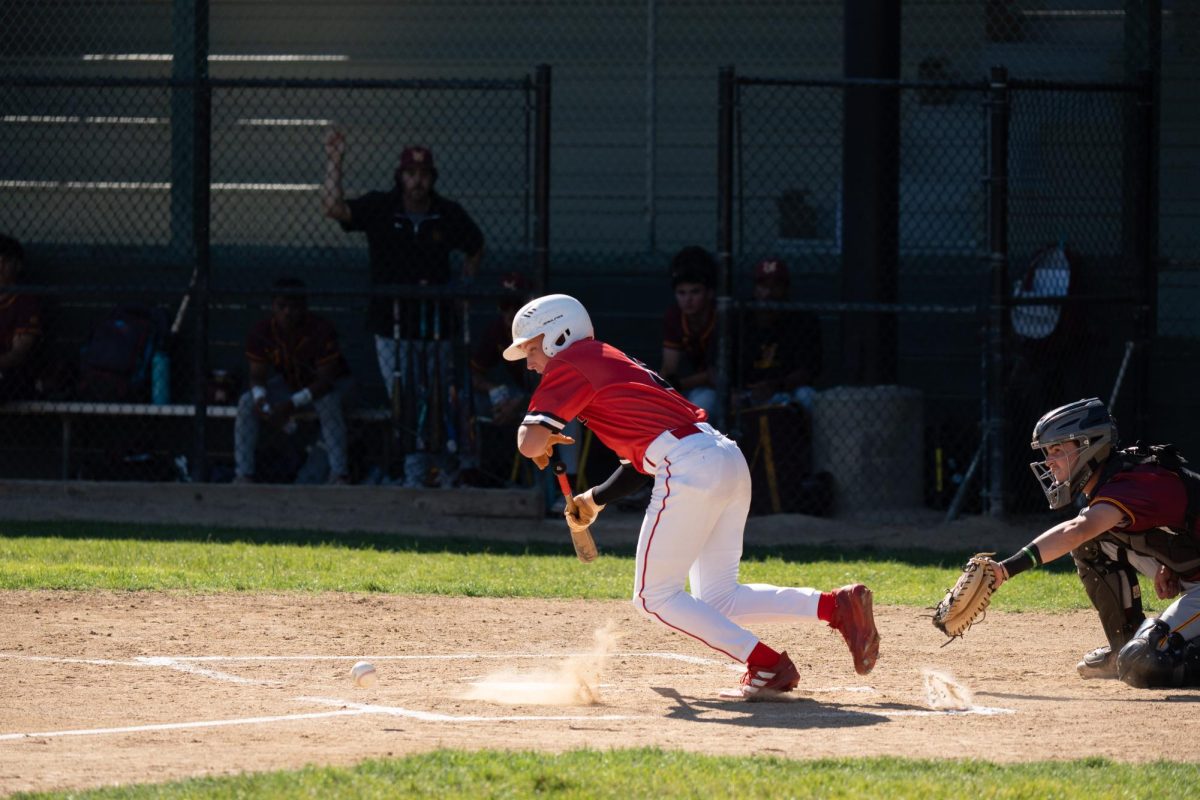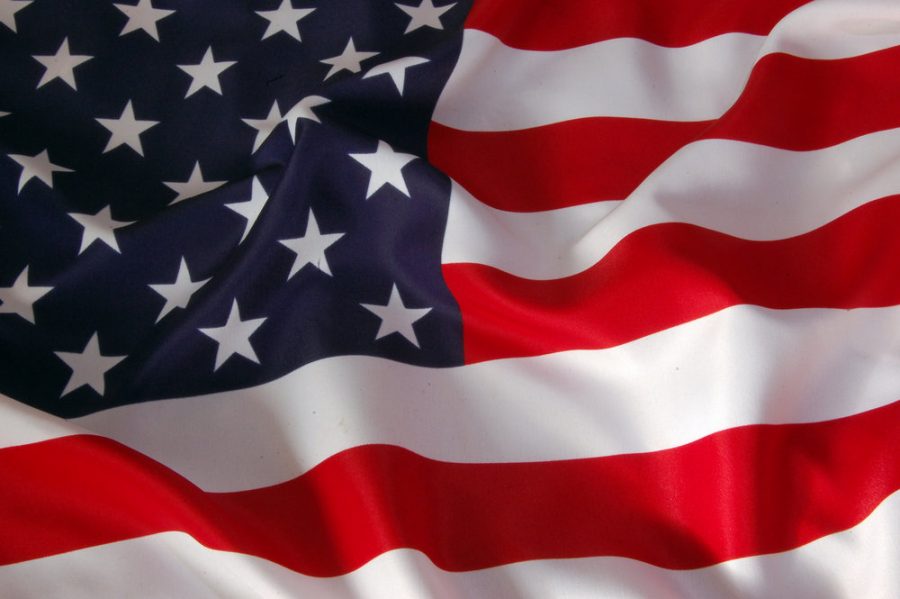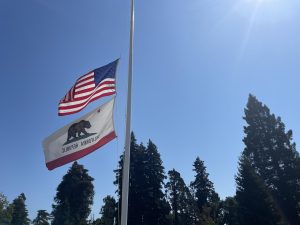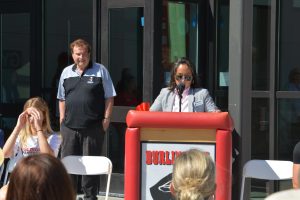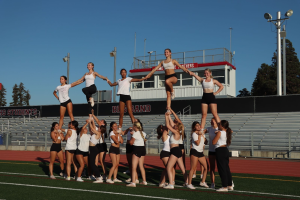When A-PUSH comes to shove
November 22, 2018
This May, more students will take the Advanced Placement U.S. History (APUSH) exam nationally than any other of the 38 AP exams offered. But the content on the exam and the lens through which students learn the material have been sources of conservative criticism for at least four years.

Conservatives have criticized the curriculum framework (with its most potent backlash beginning after the 2014 revision) for focusing solely on the low points in American history and failing to cultivate a sense of patriotism among students. In fact, the Republican National Committee issued a formal statement denouncing the 2014 framework and encouraging its delayed release. It even requested that Congress withhold funding from the College Board if the curriculum were implemented. The firestorm (including calls in Texas, Georgia and Oklahoma to ban the curriculum altogether) resulted in College Board revising the APUSH curriculum and issuing a far more tepid framework in 2015 that left more room for interpretation.
One specific complaint was how the 2014 framework dealt with white supremacy in the early 19th century. For example, it characterized Manifest Destiny (the belief that whites “deserved” a country stretching to the Pacific Ocean) as “built on a belief in white racial superiority.” The 2015 framework did not use such strong language, portraying the ideology as being “bolstered by economic and security interests.” In fact, the words “racism” and “xenophobia” did not appear once in the revision.
A key buzzword in the discussion that perhaps captures the entire debate is the idea of “American exceptionalism.” Many right-wing figures criticized the fact that there were no explicit mentions of America’s superiority in the 2014 framework, and although it was listed under the “national identity and unity” theme in 2015, it was only mentioned once in the over 100-page document.
“While we acknowledge the problems our country has had in the past, we have to be fair in analyzing what is a product of the time and what is uniquely American,” said senior Charlie Chapman, who took APUSH last school year. Chapman pointed to how several recent wars (including Vietnam and Afghanistan) were portrayed in a way that neglected the sacrifice of American soldiers.
“They just teach us this skewed narrative,” Chapman said.
Annie Miller, who teaches both AP and CP US History, denounced the attacks on the curriculum and what she sees as an attempt to whitewash American history.
“The idea of trying to present history to create patriots is incredibly problematic,” Miller said. “True love [of your country] means seeing it with its blemishes and with its flaws and doing everything you can to make it better.”
Oddly enough, Miller and Chapman ultimately share the same vision for how history should be taught, even if they have different perspectives on how it is taught currently. Miller discussed the value of using primary sources when delving into nuanced (and controversial) parts of history, which she said allows students to develop their own opinions.
“We should be learning the facts, and then people can draw their own conclusions from that,” Chapman said.
Conservative criticism is not only limited to the APUSH curriculum, but has also extended to other courses, including AP US Government and Politics. Some believe the solution is a competitor to the College Board itself.


